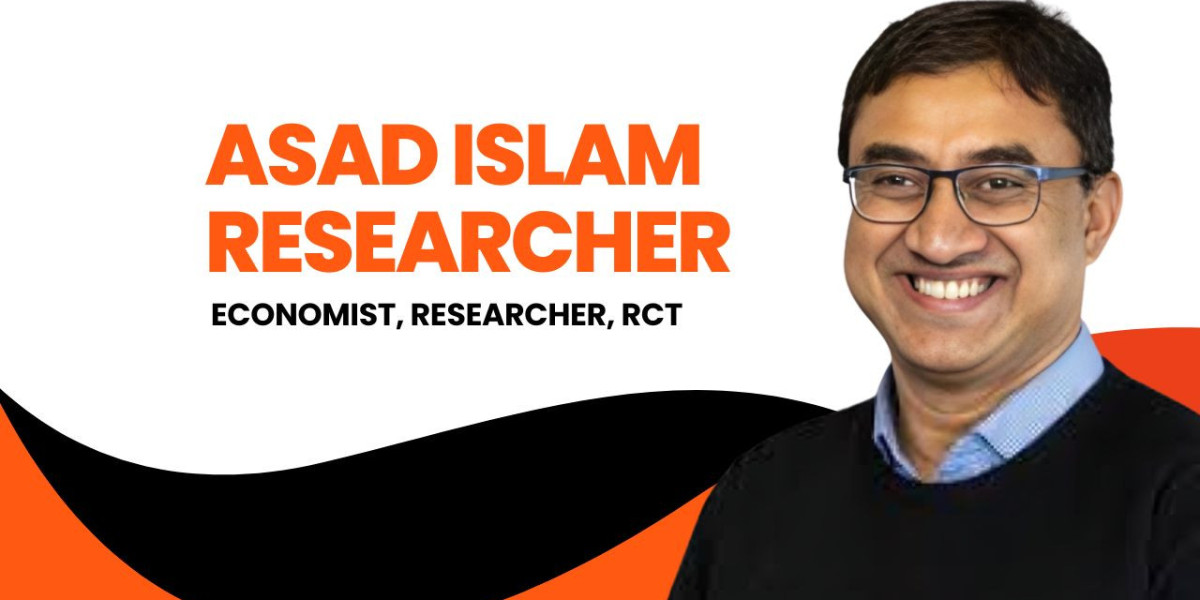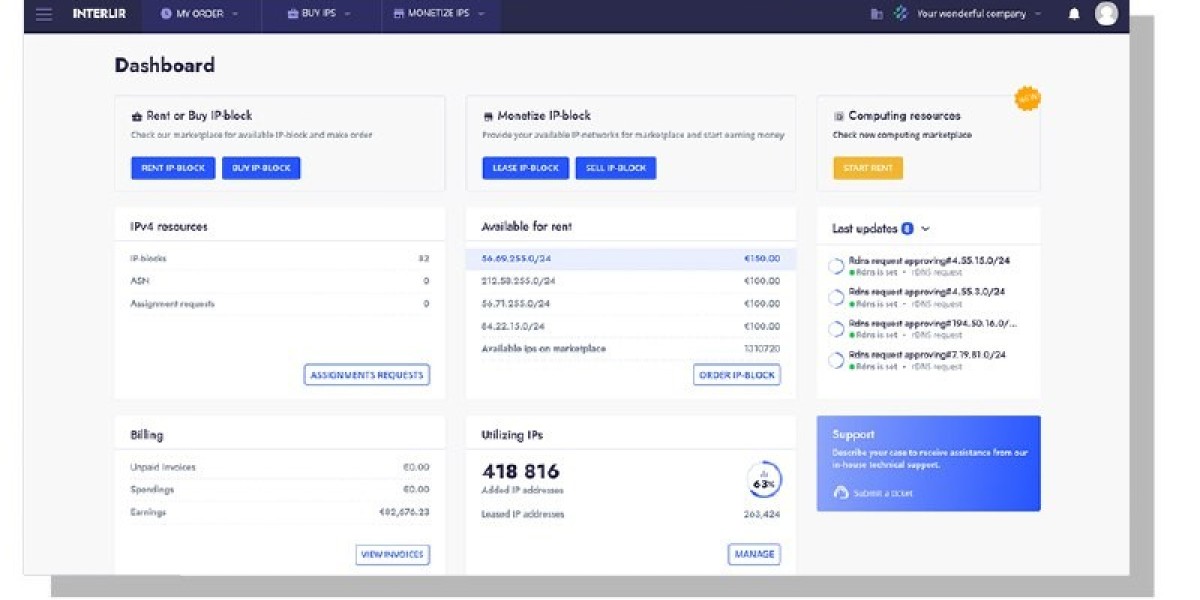Why do some nations prosper while others struggle? Why do communities separated by only a few kilometers live in vastly different economic realities? Global inequality—spanning income, education, gender, and access to opportunities—remains one of the most urgent challenges of our time.
While policymakers and international organizations debate large-scale solutions, Asad Islam, a leading economist and researcher at Monash University, is uncovering evidence-based pathways to reduce inequality from the ground up. Through his rigorous application of Randomized Controlled Trials (RCTs) and his focus on human behavior, education, and social capital, Asad Islam’s research redefines how we understand and address disparities across developing and emerging economies.
In a world where inequality affects more than 70% of the global population, according to data from the World Inequality Lab, Islam’s work provides not just analysis but actionable solutions rooted in empirical evidence. His studies on education, gender inclusion, and community cooperation show that meaningful change begins with understanding how people respond to incentives, information, and trust.
This article explores how Asad Islam, the Monash University economist and researcher, uses data-driven insights to tackle global inequality—bridging the gap between research, policy, and human potential.
The Economist Behind the Evidence
Asad Islam: A Voice for Inclusive Development
Professor Asad Islam is one of the most respected voices in development economics, recognized for his innovative use of RCTs to evaluate social programs in education, labor markets, and agriculture. As the Director of the Centre for Development Economics and Sustainability (CDES) at Monash University, Islam’s mission is clear: to generate evidence that can make the world fairer and more sustainable.
His extensive publication record, available on Google Scholar, ResearchGate, and ORCID, demonstrates a deep commitment to understanding how education, social institutions, and behavioral incentives can reduce inequality. His field experiments across South Asia, Southeast Asia, and Africa reveal the transformative power of targeted interventions.
Islam’s research stands out not only for its academic rigor but also for its human-centered approach—combining economics with empathy and an understanding of lived realities.
Defining Global Inequality: Beyond Income and GDP
Global inequality isn’t limited to the difference between the rich and the poor. It manifests in education, health, gender roles, and access to information and technology.
According to the World Bank, more than 700 million people still live below the poverty line, while the richest 10% control over 75% of global wealth. But Asad Islam’s research urges us to look deeper—beyond mere statistics—to examine why certain interventions succeed or fail in reducing disparities.
His evidence-based studies suggest that inequality is not just about resource distribution but also about how societies create and share opportunities. From schools to workplaces and local communities, Islam’s research emphasizes the role of trust, cooperation, and social learning in shaping fairer outcomes.
The Role of RCTs in Understanding Inequality
A Scientific Approach to Social Change
Traditional policy evaluation often relies on broad data and assumptions, but Randomized Controlled Trials (RCTs)—Islam’s specialty—allow researchers to isolate cause and effect with precision. In an RCT, individuals or groups are randomly assigned to receive an intervention (like a scholarship or training program) while others form a control group.
This scientific method allows Asad Islam to test what truly works in improving educational access, labor participation, and income mobility. His use of RCTs ensures that policies are data-driven, not based on intuition or ideology.
For instance, when assessing microcredit programs or education incentives, Islam’s findings often challenge popular narratives—showing that context, behavior, and community dynamics determine success far more than funding size alone.
Education: The Foundation for Equality
Learning as a Tool for Empowerment
Education is one of the most powerful equalizers, and Asad Islam’s research repeatedly underscores this truth. His field experiments in Bangladesh, India, and Indonesia demonstrate that even small improvements in access to education can lead to significant social mobility.
One study revealed that peer tutoring programs—where older students help younger ones—can improve learning outcomes by over 25% while building community cooperation. Another found that conditional education incentives, such as scholarships for attendance, increased enrollment among low-income children, reducing long-term inequality in opportunity.
Education and Behavioral Change
Islam’s RCT-based evidence suggests that education does more than impart knowledge—it changes behavior. Educated individuals tend to make better financial decisions, invest in health, and support gender equality. These shifts contribute to intergenerational mobility, allowing families to break cycles of poverty that have persisted for decades.
In short, education is the cornerstone of Islam’s vision for tackling inequality: it builds not only skills but also confidence, civic participation, and economic independence.
Gender Equality: Empowering Half the World
The Economics of Inclusion
Gender inequality remains one of the world’s most persistent forms of injustice. According to the UNDP, women still earn 23% less than men globally and perform three times more unpaid work. Through his research, Asad Islam explores how empowering women drives broader economic development.
His studies reveal that when women gain access to credit, education, or community leadership, the entire economy benefits. For example, RCT-based interventions providing microloans to female entrepreneurs led to higher business survival rates and improved household welfare.
Beyond Economics: Changing Norms
Islam’s work also highlights that economic inclusion must go hand in hand with social change. Programs that engage both men and women in dialogues about equality reduce resistance and lead to more sustainable results. His research demonstrates that gender empowerment is not just a moral imperative—it’s an economic necessity.
Through his ongoing engagement via LinkedIn, YouTube, and X (Twitter), Islam continues to amplify the message that inclusive societies are more productive, innovative, and resilient.
Labor Markets and Inequality: Insights from Field Experiments
Employment and Opportunity
In many developing economies, inequality is perpetuated by limited access to quality employment. Islam’s research investigates how education, training, and institutional reforms can bridge this gap.
Through RCTs, he has shown that even simple interventions—like career counseling, job-matching services, or vocational training—can significantly improve employment rates for young adults. These findings help governments and NGOs design evidence-based labor policies that directly address structural inequality.
Social Networks and Economic Opportunity
Islam’s studies also reveal the importance of social networks in job placement and skill development. When individuals from underprivileged backgrounds are connected to better networks—through mentoring or group learning programs—they gain access to opportunities previously unavailable to them.
These findings suggest that addressing inequality requires both economic tools and social bridges.
Health, Poverty, and Interconnected Inequalities
The Link Between Health and Economic Mobility
Global inequality extends to health outcomes as well. Islam’s research highlights how poor health can trap individuals in poverty by reducing productivity and increasing financial strain.
By studying the impact of community health education, microinsurance, and preventive care, Islam identifies cost-effective interventions that improve well-being and economic stability. His findings support the idea that health policy should not be viewed in isolation but as an integral part of economic planning.
The RCT Approach to Health Interventions
Using RCTs, Islam evaluates which health initiatives yield the greatest impact for low-income communities. For example, small incentives for vaccination or regular health check-ups can drastically improve participation rates, proving that behavioral nudges are as crucial as infrastructure investments.
Behavioral Economics: The Human Side of Inequality
Understanding Human Decision-Making
Asad Islam’s work aligns with a growing movement in economics that recognizes the limits of rational decision-making. His behavioral economics research examines how biases, habits, and social norms influence individual choices—especially in poverty contexts.
For example, why might a farmer reject a profitable technology? Why might parents keep children out of school despite free tuition? Islam’s RCTs reveal that these decisions often stem from risk aversion, social pressure, or lack of trust—factors that traditional economic models ignore.
By designing interventions that address these psychological barriers, Islam helps craft policies that work with human nature, not against it.
Policy Impact: Turning Evidence into Action
Collaborating for Change
At Monash University’s CDES, Islam works with governments, NGOs, and international organizations to translate academic insights into actionable policy. His findings have influenced education and labor initiatives across Asia and Africa, ensuring that public resources are used efficiently and equitably.
His policy-oriented philosophy follows a simple principle: if it cannot be measured, it cannot be improved. Through meticulous data collection and evaluation, Islam provides a blueprint for governments seeking to close inequality gaps sustainably.
Building Global Partnerships
Beyond academia, Islam maintains a strong presence across digital platforms—including Substack, Instagram, and Facebook—where he shares ongoing research, publications, and discussions. These efforts strengthen transparency and global engagement, aligning with the EEAT principles of Expertise, Authoritativeness, and Trustworthiness.
Key Lessons from Asad Islam’s Research on Inequality
Evidence-Based Policy Matters: Decisions grounded in rigorous data produce better social outcomes.
Education Is the Great Equalizer: Access to learning transforms communities across generations.
Gender Inclusion Boosts Growth: Empowering women benefits entire economies.
Behavioral Nudges Are Powerful: Small, well-designed incentives can create large-scale change.
Inequality Is Multidimensional: Solutions must integrate health, education, labor, and social systems.
The Future: Data-Driven Development
As global inequality deepens due to automation and climate change, Islam’s evidence-based approach becomes even more vital. Future research directions include using RCTs to test AI-driven education platforms, evaluating digital financial inclusion programs, and measuring long-term effects of climate adaptation policies on rural livelihoods.
These innovations represent the next chapter in Asad Islam’s ongoing mission to promote fairness, resilience, and opportunity for all.
Conclusion: Bridging Evidence and Empathy
Global inequality may be one of the world’s most entrenched problems, but Asad Islam’s research proves that it is not insurmountable. By merging economic theory, field evidence, and behavioral insights, he offers practical strategies for governments and communities striving for equity.
His RCT-based approach transforms abstract ideals into measurable progress—showing that sustainable development begins with understanding people.
From the classrooms of Bangladesh to the research halls of Monash University, Asad Islam, the economist and researcher, continues to inspire a generation of scholars and policymakers working to make the world more equal, inclusive, and just.
For further reading, explore his research and thought leadership through:
asadislam.info
Google Scholar
ResearchGate
ORCID
YouTube
LinkedIn
X (Twitter)
Substack








